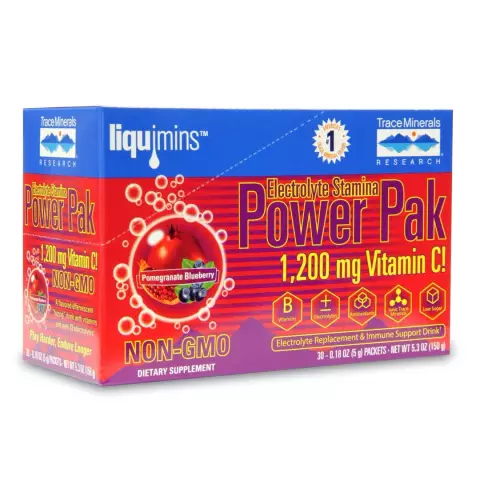- Author Rachel Wainwright [email protected].
- Public 2023-12-15 07:39.
- Last modified 2025-11-02 20:14.
Lycopene

Lycopene is a substance from the group of carotenoids. It is a pigment and is found mainly in tomatoes, causing their red color.
Lycopene content in foods
Lycopene is not destroyed by heat treatment; therefore, it is found in dishes and products made from tomatoes. Moreover, high temperature changes the structure of the carotenoid in such a way that it begins to be better and more fully absorbed by the body. Examples of such products are tomato paste, spaghetti sauces, ketchup. Tomato paste contains 30 times more lycopene than fresh tomatoes. Drinking two glasses of tomato juice daily provides the daily requirement for lycopene.
Lycopene is found in small amounts in pink grapefruit, watermelon, and some other fruits and berries; in addition to tomatoes, it is found in vegetables such as pumpkin, carrots, and red peppers.
Since the discovery of lycopene in foods, scientists have studied its beneficial properties in some detail.
The beneficial properties of lycopene
The most studied antioxidant properties of lycopene. Several studies have shown that regular consumption of foods containing carotenoid lycopene reduces the likelihood of cardiovascular disease and prostate cancer. This is especially true for lovers of tomatoes, which are the richest in lycopene, because the content of this useful substance in the body is directly proportional to its intake with food.
Lycopene fights peroxidation in the body by blocking oxygen free radicals. Scientists give reviews of lycopene as one of the most powerful natural antioxidants, comparing it with vitamins E, C, A. First of all, the benefits of this pigment are reflected in the health of the immune system, because thanks to lycopid, protective immune cells - macrophages and killer cells are activated … It is the immune system that guards the uncontrolled multiplication of the body's own cells, as is the case with tumors.
There are works in which there are reviews of lycopene as a good cardioprotector. High levels of lycopene in the human body reduce the likelihood of a heart attack by 50% compared to people with a reduced carotenoid content.
Thanks to all the same antioxidant properties, lycopene lowers the level of "bad" cholesterol in the blood serum, reducing or preventing the manifestations of atherosclerosis.
The positive effects of lycopene on the digestive system include the following manifestations:
- normalization of appetite;
- activation of the digestive glands;
- stops the multiplication of pathogenic bacteria in the intestines.

Lycopene takes part in maintaining the acid-base balance in the blood, activates metabolism, thereby reducing excess weight.
On the circulatory system, its effect is manifested in strengthening the vascular walls and capillaries, thereby reducing the likelihood of bleeding.
Lycopene in foods has antifungal and antibacterial properties: in addition to the fact that it contributes to the rather long storage of the vegetables it contains, it also helps the body fight infectious pathogens.
The beneficial properties of lycopene are also used in cosmetology, because it improves the health of the skin of the face, fights against excessive dryness and pigmentation, the skin becomes smoother and younger in appearance.
A lowered level of lycopene was noted in patients with HIV infection, with colds, and with high cholesterol levels. Some researchers say that aging, alcohol and tobacco smoking also reduce the amount of this carotenoid in the body.
Found a mistake in the text? Select it and press Ctrl + Enter.






